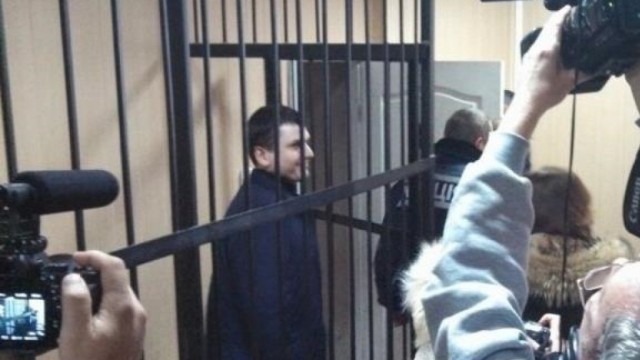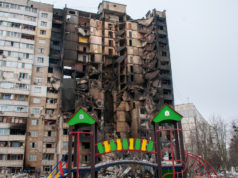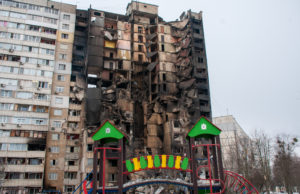According to the Ukrainian legislation changes, now judges and citizens have the right to make photos and videos of public court proceedings without permission, as an attorney Anatoly Tarasenko explained.
“The legislation provides the possibility for hearings both in private and in public. For example, the session related to sexual offenses against minors or to elements of state secrets, is in private. But there are also hearings in public where photo and video broadcasting was allowed with the judge’s permission,” – says the attorney. “According to the Ukrainian legislation changes, now any citizen (not necessarily a party to a trial) can film, for example, on a mobile phone the course of open judicial proceedings. Moreover, people can put a live video on YouTube with the judge’s permission. However, as before, journalists need to get the green light to work on a professional camera”.
The project “OpenCourt” is to create hearings video database. “It will help to estimate the work of judges, prosecutors, and lawyers. In April we started an active work in Kyiv. Since more than 1.5 thousand cases were recorded,” – the project leader, Stanislav Batrin, assures.
 Now, this project has already been implemented in Kyiv, Odessa, Dnipropetrovsk, Uzhgorod, and got in Kharkiv. According to Anatoly Tarasenko, it is important to show people how the hearing passes in real life, and to make representatives of Themis not to violate certain standards.
Now, this project has already been implemented in Kyiv, Odessa, Dnipropetrovsk, Uzhgorod, and got in Kharkiv. According to Anatoly Tarasenko, it is important to show people how the hearing passes in real life, and to make representatives of Themis not to violate certain standards.
However, there is a very controversial thing, when two rights (the right to information and the right to privacy) come in conflict with one another.
“There are people who by virtue of their powers are always in sight, they are public entities, and the public interest to them is often higher than their right to close the information about their life. But there are citizens who are not public entities, – an advocate, Yuri Chumak, says. “For example, the case when a person pursues with the government. To film the state officials and judges behavior is the right of citizens, and it should be implemented. While to record the behavior of an ordinary citizen whose activities are nonpublic – it is a question. I have the next idea: if he does not mind, video is permitted, if he is against it then the Court imposes a veto.” – Chumak adds.














